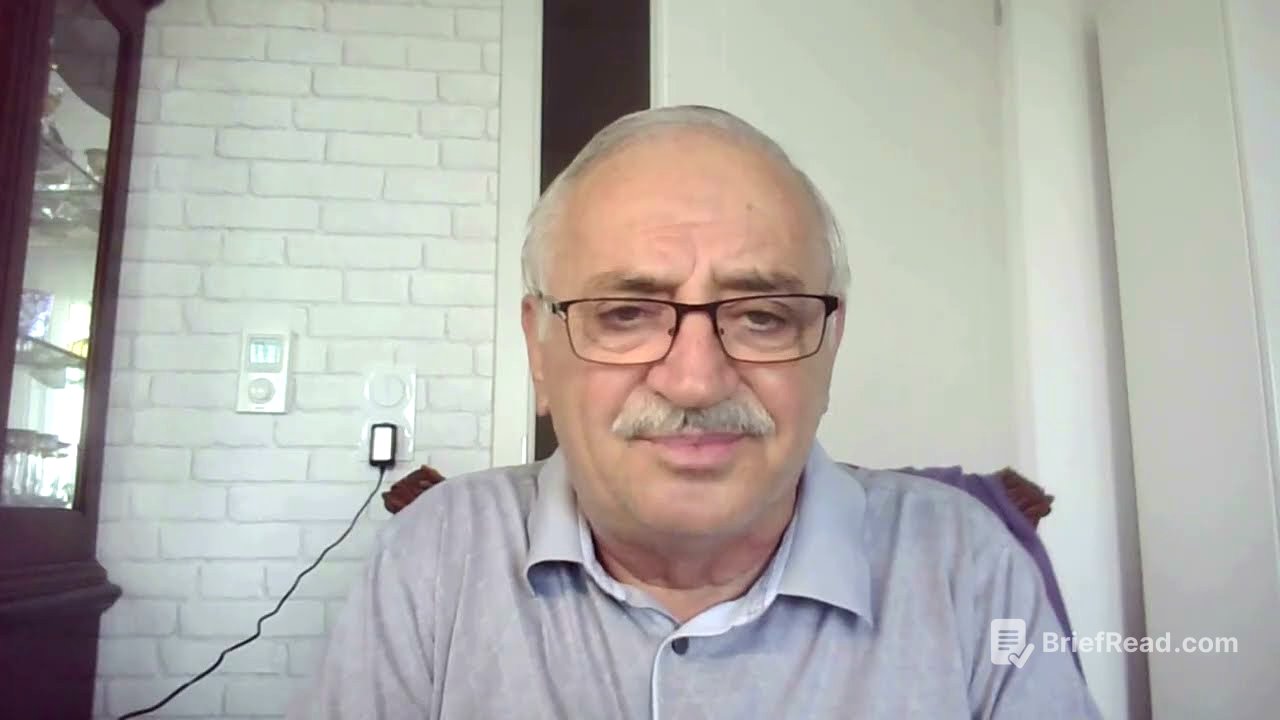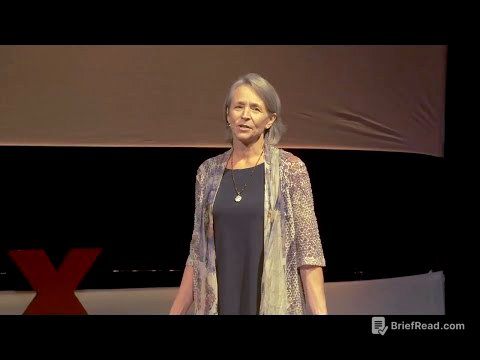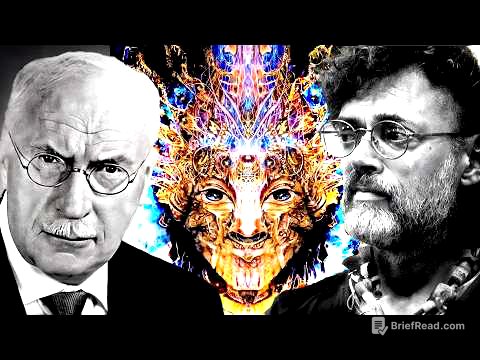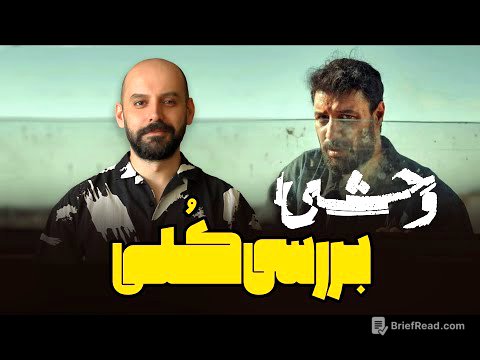TLDR;
The speaker discusses the negative news coverage he received in Turkey, his efforts to promote transparency within a community, and various financial and ethical issues involving community members and leaders. He also touches on the lack of support he received from fellow members when facing slander and the broader impact of these issues on the community's trust and reputation.
- Negative news coverage and consultation with Aymaz brother.
- Transparency issues within the community and reactions to his efforts.
- Financial mismanagement and ethical concerns involving community members.
- Lack of support from fellow members when facing slander.
- Impact of these issues on the community's trust and reputation.
Negative News and Consultation [0:00]
The speaker begins by addressing the negative news he received in Turkey due to a video he shot a year prior. He consulted with Aymaz brother in Frankfurt, who advised him that the news was exaggerated because of a single sentence he said, while other information was ignored. The news, which falsely claimed the speaker knew about a coup and that Hocafendi would make 34 incisions at night, was widely reported in Turkish media.
Transparency Efforts and Reactions [0:45]
The speaker discusses his efforts to promote transparency within the community, which he began with a video in June and continued with tweets addressing the need for transparency from secretaries, whether they are part of a cap Tros or a foundation. He learned about the issue from a committee member in America and was pleased because transparency was a major problem. This push for transparency was met with strong resistance, as it threatened those conducting business covertly.
Financial Mismanagement and Ethical Issues [1:31]
The speaker describes several instances of financial mismanagement and ethical breaches within the community. One incident involves a collection issue in Atlanta and economic problems. Another involves a person reassigned to Antalya after a mistake, highlighting a pattern of prioritizing certain individuals, particularly those connected to Mustafa Özcan, to control money. He details a case in Indonesia where an imam received $1 million from Naksan Hondeki CO to build a mosque but instead transferred the money to himself.
Atlanta Incident and Community Rules [2:56]
The speaker continues by describing the Atlanta incident, where a regional leader was assigned to America's 49th Atlanta, questioning the appointment system. He emphasizes that imams are prohibited from engaging in business to maintain community trust. He recounts how the money of TÜG brothers was collected, with an imam becoming a secret partner in a food business that ultimately failed, resulting in a loss of $5-6 million. Naci was aware of the situation and stayed in the camp, with Ismail Bçar mentioned as a referee, but the issue was not reported to Hoca Effendi to avoid upsetting him.
Complaints and Visa Issues [6:21]
The speaker mentions that when the Atlanta incident escalated, there was an attempt to complain about Ahmet Dönmez to Hoca Efendi for publicizing the issue. They misled Ismail into making a statement on behalf of the ASF against Ahmet Dönmez. The speaker also discusses his inability to travel to America for 20 years due to visa issues, despite becoming a German citizen and reapplying. He mentions being complained about to Hoca Effendi twice during this period.
Lack of Support and July 15th [8:21]
The speaker expresses frustration that issues were not discussed with the committee or brought to Hoca Effendi to avoid upsetting him, which only exacerbated the problems. He asserts that Mustafa Özcan, Adil, and their team have no connection to the service and that this should be announced to the congregation and world imams to prevent their influence. He believes the failure to do so indicates a collaboration with the state to harm the community.
Defense of Hoca Efendi and Program Appearance [10:13]
The speaker recounts his conversation with Asım about the slander from Ahmet Dönmez and his suggestion to invite Ahmet Dönmez to a program for discussion, which did not happen. He offered to answer questions on television to reach a wider audience but was advised against going out alone. He was encouraged to bring other members to support him, but despite reaching out to 5-6 members, none had the courage to appear on the program. He criticizes those who do not defend Hoca Efendi, stating they cannot be considered his supporters.
Community Issues and Future Actions [12:25]
The speaker states he will not forgive those who backbite him and emphasizes the need for the community to learn the facts. He plans to discuss similar topics with the committee, submit them to the secretariat, and, if unresolved, declare them publicly. He believes no one has the right to use the service for their own benefit and that honesty and truthfulness are essential.
Apologies and Fraudulent Activities [13:28]
The speaker apologizes to Aymaz and Naci, clarifying that his criticism is directed at those who speak on their behalf. He mentions instances of slander and abuse, including the Osman Shushe issue, where individuals were disqualified and labeled as traitors. He accuses Adil and Mustafa Özcan of involvement in the events of July 15th and criticizes their interference.
Loss of Value and Final Thoughts [15:48]
The speaker questions the value of the term "brother" within the community after July 15th, noting that the inability to address problems in time has diminished their influence. He expresses anger towards Aymaz and declares his intention to speak out from now on.









